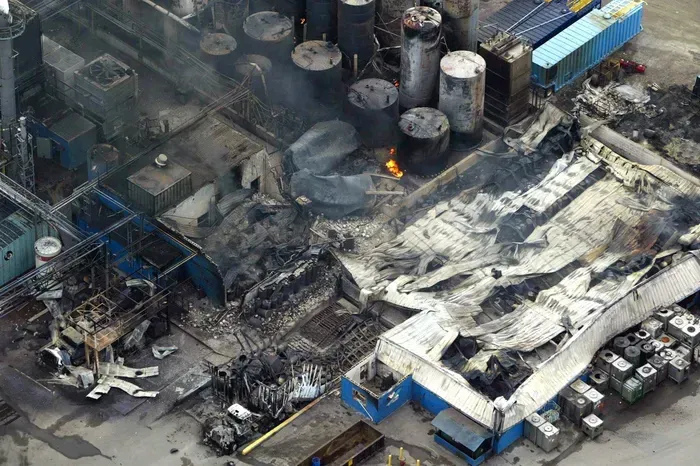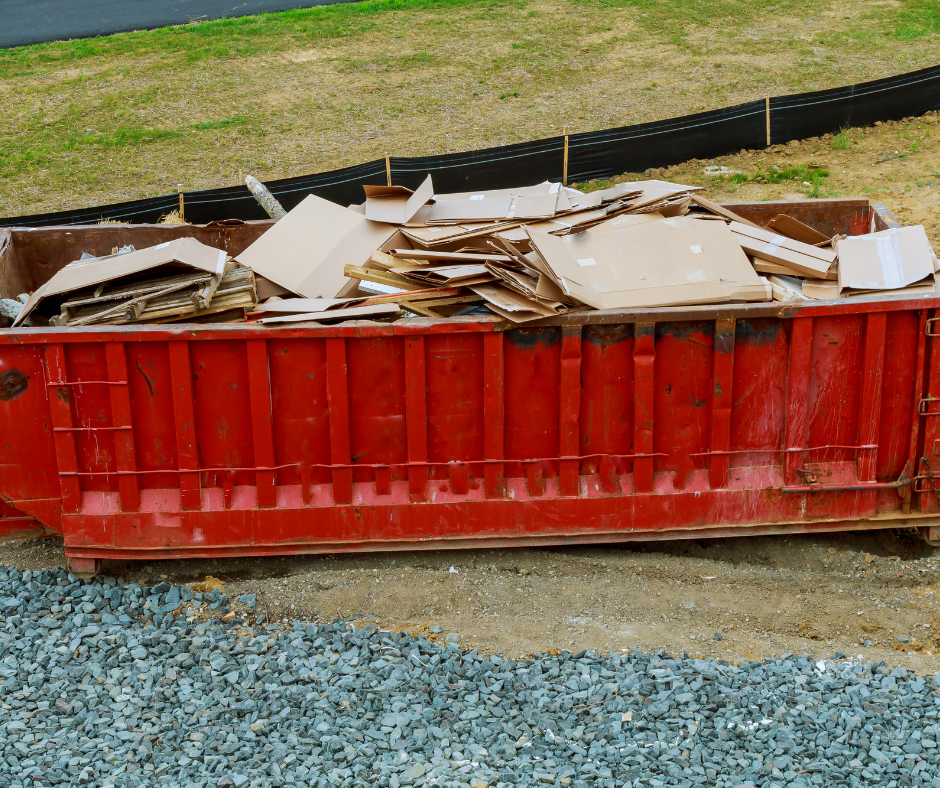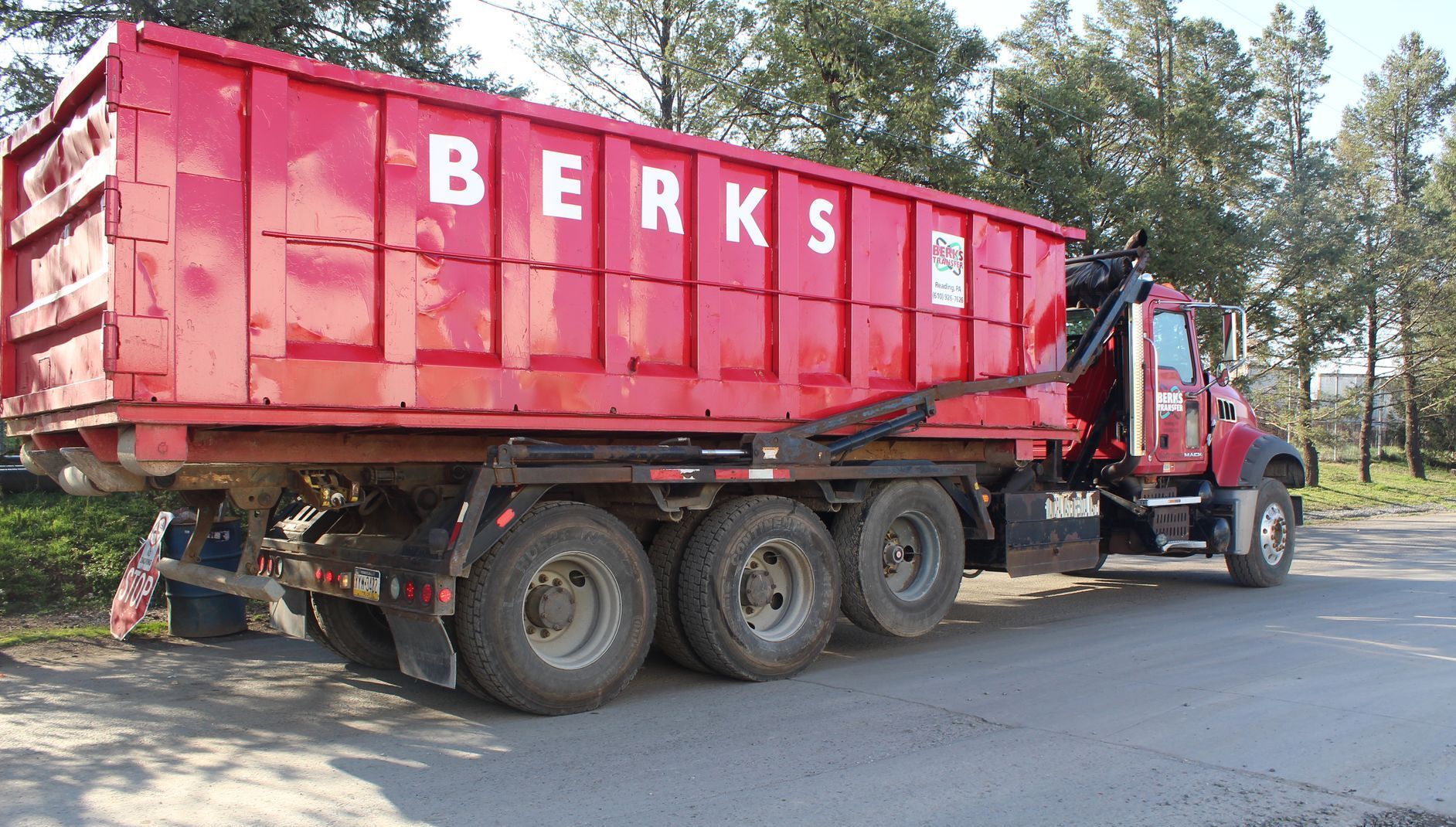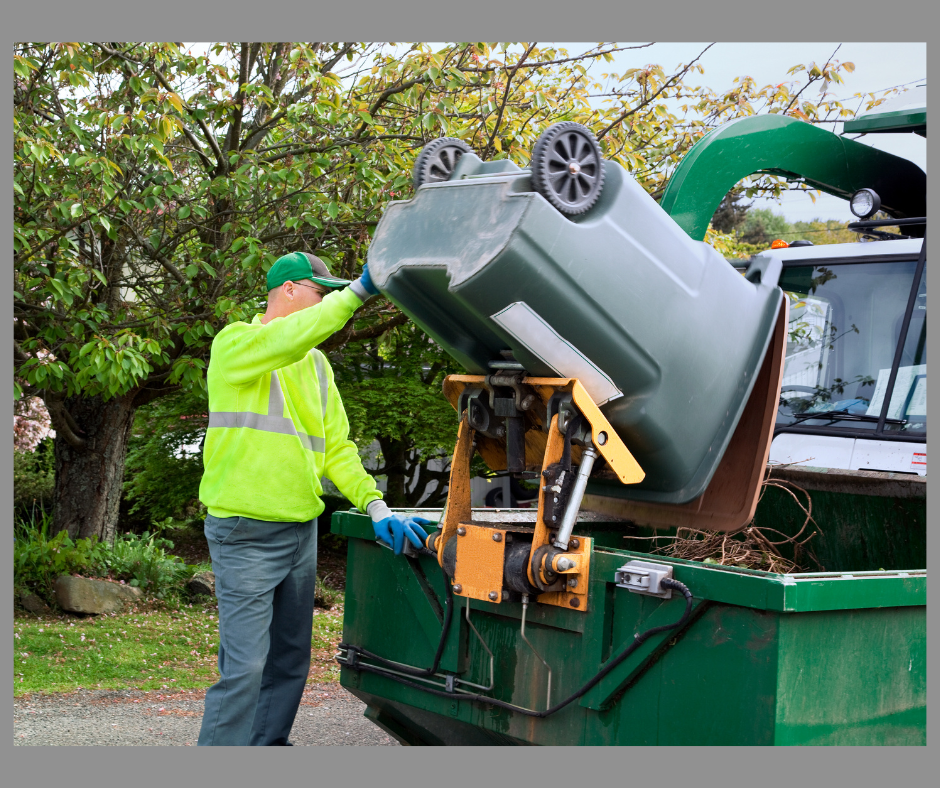
The waste and recycling industry plays a critical role in managing our society's waste and ensuring environmental sustainability. However, one alarming and recurring issue has grabbed headlines and caused substantial concern over the past decade – fires at waste and recycling facilities. These fires not only pose a severe threat to the environment but also result in costly downtime for these essential operations, like the facility above (Detroit Free Press). In this blog, we will delve into the increasing problem of fires in the waste and recycling industry, with a special focus on the improper disposal of lithium-ion batteries as a contributing factor.
The Growing Concern
Fires have been a persistent issue within the waste and recycling industry, and they continue to make headlines for all the wrong reasons. The number of such incidents has been on the rise for the past ten years, with 2022 marking a particularly distressing milestone. In that year, the industry experienced its worst fire-related incidents, prompting the need for immediate action.
Yet, the problem shows no signs of abating, as 2022 saw a 6% increase in fires compared to the previous year, 2021. This concerning trend demands our attention, as the impact of these fires goes beyond just statistics.
Environmental Threat
Fires in waste and recycling facilities present a clear and present danger to the environment. These facilities process a wide range of materials, some of which can release hazardous emissions when burned. This not only contributes to air pollution but can also contaminate soil and water, further disrupting local ecosystems.
Furthermore, the disposal of lithium-ion batteries, found in greeting cards, handheld devices, and toys etc., poses a significant environmental risk. When not handled properly, these batteries can explode or catch fire, releasing toxic chemicals into the environment. The improper disposal of such batteries (e.g., thrown into a household trash can) has been identified as one of the leading causes of fires in these facilities. These batteries should be taken to a hazardous household cleanup event.
Economic Impact
Aside from the environmental consequences, fires in the waste and recycling industry have substantial economic implications. The costly downtime that results from these incidents can have a cascading effect on operations. This downtime disrupts the regular workflow, causing financial losses and potential delays in waste management and recycling services.
Worker Safety
The safety of workers within these facilities is another major concern when it comes to fires. Employees in waste and recycling plants are at risk of direct exposure to hazardous materials and smoke inhalation during fire outbreaks. Ensuring their safety should be a top priority for the industry. One way is to have a fire prevention system in the facility.
Fires in the waste and recycling industry are a critical issue that affects not only the environment but also the economy and worker safety. The increasing number of incidents, particularly in 2022, emphasizes the urgency of addressing this problem. By taking proactive measures, including proper disposal of lithium-ion batteries and robust fire prevention systems, the waste and recycling industry can mitigate the risk of fires and work towards a safer and more sustainable future. At Berks Transfer, we strive to provide a safe work environment and prioritize the prevention of fires and the continued functionality of our facility.















